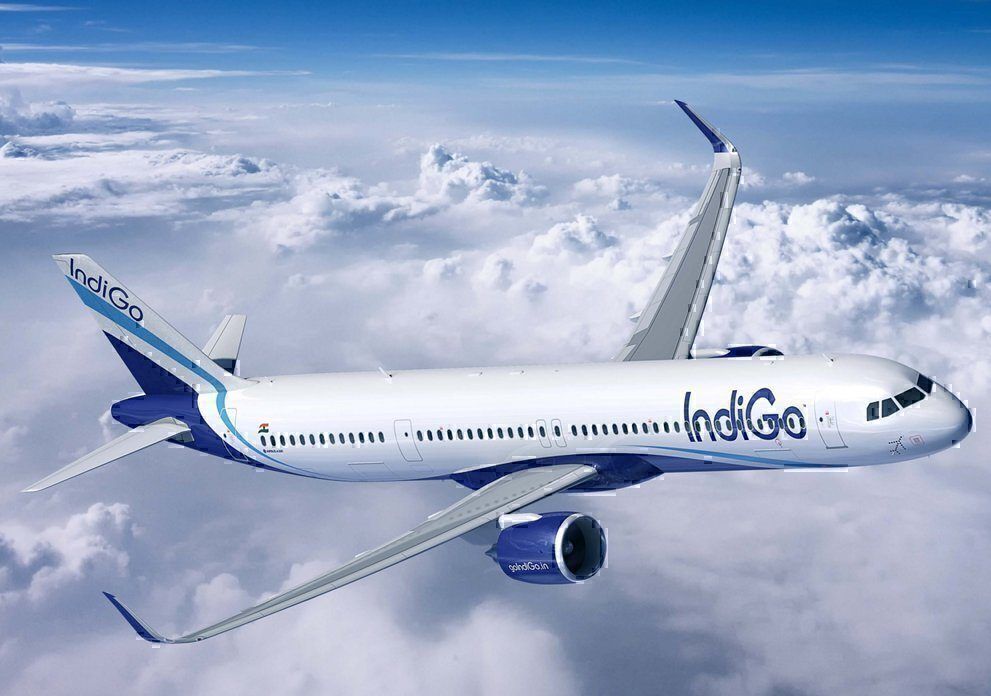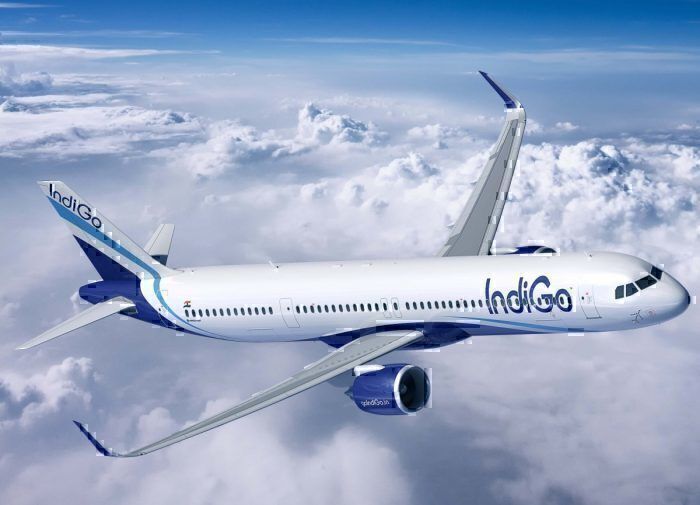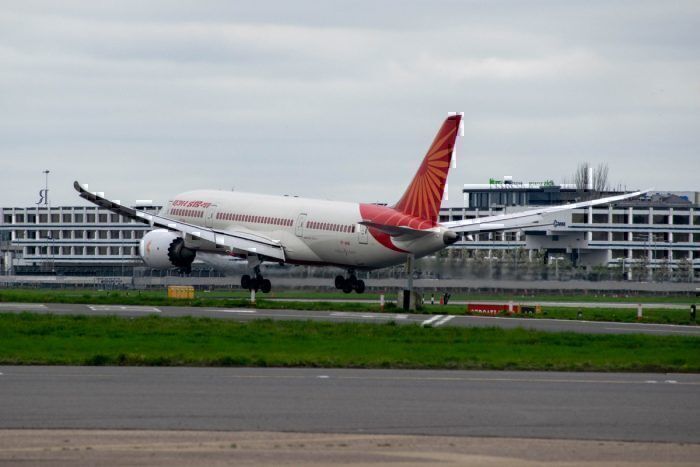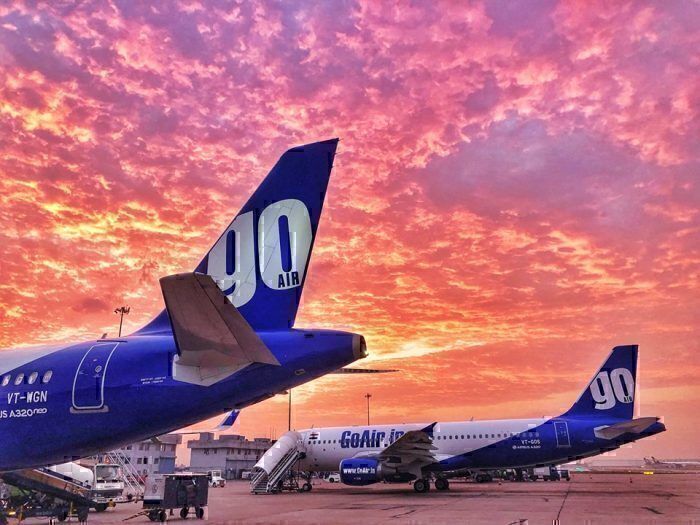The coronavirus epidemic has led to the suspension of hundreds of daily flights to mainland China and the shutdown of some of China's largest cities. India, one of China's neighboring countries has seen nearly all flights to the mainland canceled, resulting in large financial implications.
China is a fast-growing market
Mainland China represents a largely untouched market for Indian carriers. Prior to last year, the only Indian carrier that flew to China was Air India's service to Shanghai. This meant that the newer hub cities such as Guangzhou, Chengdu, and Shenzen, had no direct Indian services. IndiGo was the first airline to capitalize on these untapped routes, launching flights to Guangzhou and Chengdu in late 2019.
Hong Kong, in comparison, has been well serviced by all major Indian carriers such as Air India, SpiceJet, IndiGo, and erstwhile Jet Airways. The island has suffered from violent anti-government protests the past year which led to many temporary flight suspensions.
The coronavirus has upended all of these routes for the next month or so. IndiGo has canceled both its flights to the mainland and to Hong Kong. Air India has suspended its Shanghai and Hong Kong routes. SpiceJet continues to operate its Hong Kong route but is monitoring the situation closely and is offering refunds to passengers.
What does the disruption mean for airlines
China is India's largest trading partner and this disruption is bound to have repercussions on the economy. With an embattled economy, the aviation market has seen its growth slow heavily in 2019 compared to prior years and the virus is set to add to those woes.
Airlines will suffer due to dozens of daily flights canceled and refunds to booked passengers. According to risk advisors CARE Ratings, Indian airlines are losing Rs. 52-72 lacks ($80,000 - $100,000) per cancelled flight. If these figures hold true, airlines can expect losses in the millions over the next few months. Airbus has also shut down its final assembly line in Tianjin due to the virus. The line produces the A320 family which will slow aircraft delivery to IndiGo and GoAir, both of which only use A320s in their fleets.
With the spread of the virus showing no signs of slowing down and thousands of cases being added every day, we can expect the suspension of flights to China to continue for the foreseeable future. The virus has also caused anxiety among passengers traveling to other Southeast Asian countries, many of which have reported cases of the virus. This anxiety could lead to lighter demand and cancellations on Indian carriers to popular countries like Singapore, Thailand, and Malaysia, and cause more losses for carriers.
When will the situation get better?
As things stand, most airlines have suspended all their flights to China. With the virus only spreading further, it seems inconceivable that airlines will restart services until the virus is at least contained. Air India has been flying repatriation flights from Wuhan to bring back affected Indians, highlighting the severity of the situation.
Air India has suspended flights till the end of March for Hong Kong and mid-February for Shanghai. IndiGo has suspended flights to it's China destinations till the end of February. SpiceJet has offered refunds but is currently operating it's Hong Kong route. The cancellation of flights is bound to affect the airline's bottom line and China expansion plans for the near future.




